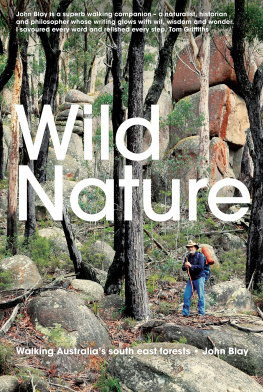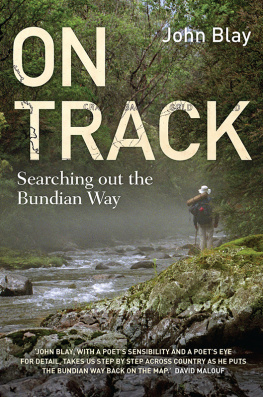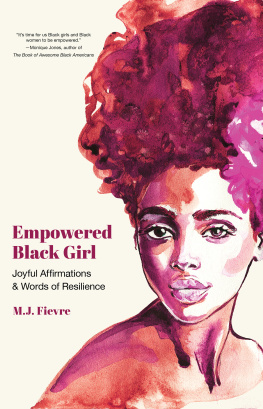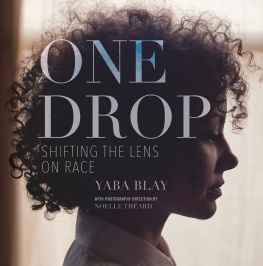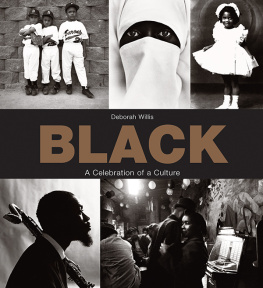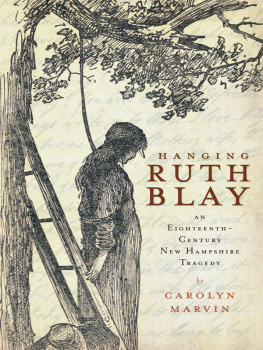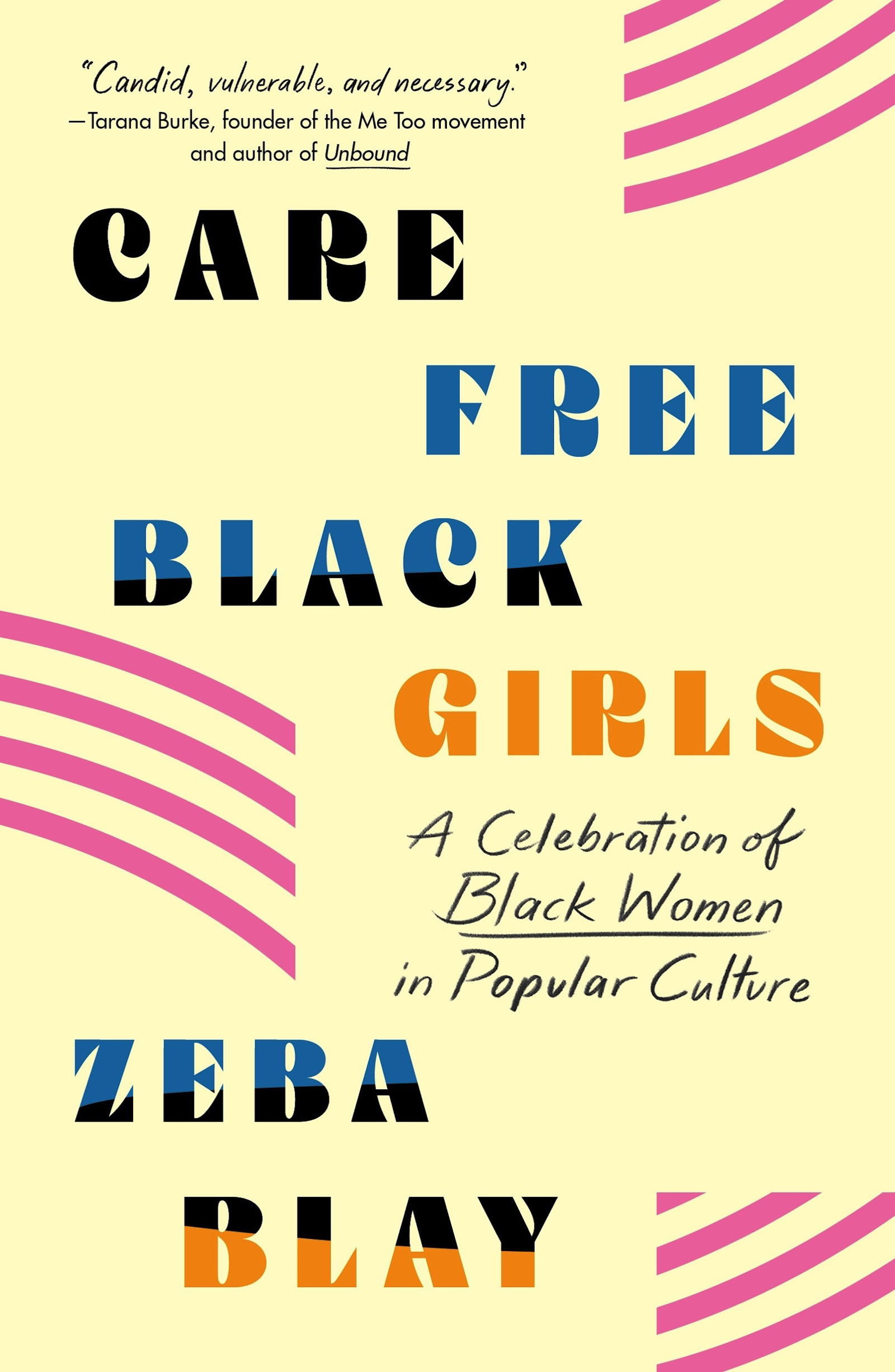Contents
Guide
Pagebreaks of the print version
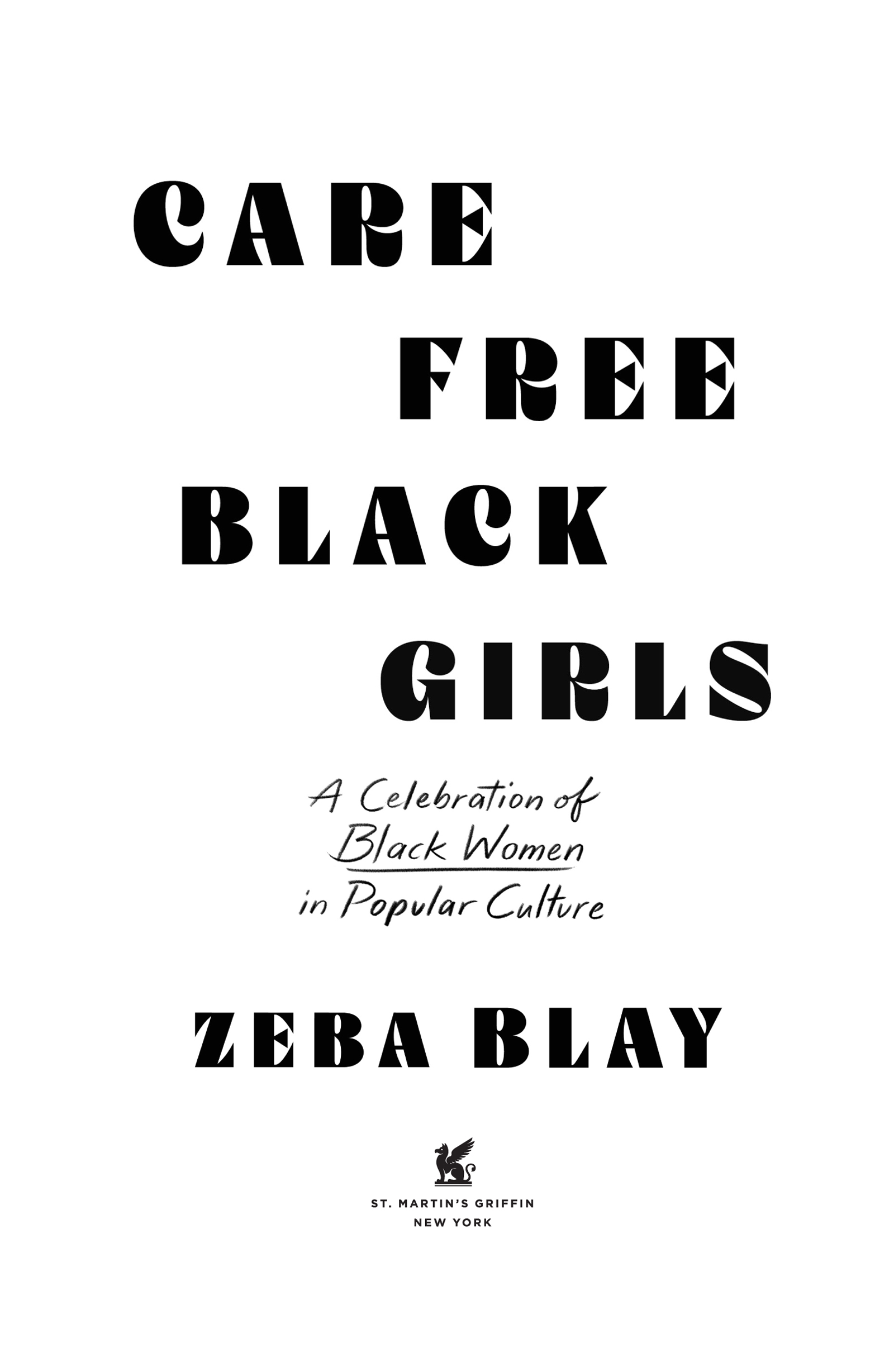
The author and publisher have provided this e-book to you for your personal use only. You may not make this e-book publicly available in any way. Copyright infringement is against the law. If you believe the copy of this e-book you are reading infringes on the authors copyright, please notify the publisher at: us.macmillanusa.com/piracy.
For little Zee
Many of the essays in this book reference mental illness, suicide, racial violence, transphobia, sexual abuse, disordered eating, body dysmorphia, and other traumatic barriers to freedom. I promise its not all heavy, but if some of these themes are triggering or upsetting for you, please be tender with yourself as you continue.
A book called Carefree Black Girls could be about a lot of things, and so I want to start by giving you some sense of what this book is and what it is not. I wrote the bulk of these essays during the most difficult time in my life thus far. Between 2018 and 2020 (years that spanned the traumatic sea change of my Saturn Return), I felt as though I were in a never-ending emotional spiral, a constant falling. This feeling was only intensified by the fact that the world, too, was spiraling, a series of unfortunate events springing up one right after another: the morbid absurdity of the 45 presidency, the revelations of the #MeToo movement, the continued rise of the alt-right and neo-fascism and MAGA fanatics, livestreamed mass shootings, global protests against police brutality, the hell of the last U.S. presidential election and its aftermath, the wildfires in California and Australia, the widespread loss of life due to COVID-19, violent attacks against the Asian American community, black squares on Instagram, and the relentlessness of Black death.
While we were all collectively grappling with the existential dread brought on by these upheavals, several personal, world-burning occurrences happened to me in quick succession. I recovered long-repressed memories of sexual assault, some visceral, some hazily defined. I fell into the deepest state of depression and anxiety I have ever experienced in my life. I became a citizen of the United States after a period of living in precarity as an unwanted immigrant. I turned thirty. I attempted to take my own life, twice.
Prior to the suicide attempts, I had stopped regularly leaving my apartment for weeks that gradually turned into months on end. The longest stretch (in which I only ever ventured into my buildings lobby to pick up fast-food delivery) was four months. This hermiting, mind you, began long before the days of COVID-19 and social distancing. In March 2020, when people were just starting to get used to the idea of working from home and avoiding strangers, I had already been consistently doing both for months. The virus merely heightened and validated my desire to hide, to burrow into my little corner of melancholy and anxiety and neuroses.
Not leaving my apartment had nothing to do with a fear of the world. It had everything to do with a fear of being myself in the world. Facing depression and trauma, especially trauma that you have been avoiding for nearly a lifetime, forces you to question who you are and where you stand. What is real and what isnt? Its as though every cell in your body is changing and you are painfully transforming, bit by bit, into an entirely new human being. Theres no room for dishonesty when youre going through that kind of transition. Theres nowhere to hide. And so, being a person in the world felt like an impossibility, because in order to be out and be on, I believed that I had to be dishonest, to pretend as though I was OK when I wasnt.
On the rare occasions when I did go into the office (where I worked full-time as a culture writer for HuffPost), I felt like a robot with some sort of glitch. I felt defective. How could I do my morning commute, go to meetings, and make small talk with my colleagues when I could barely get out of bed? How could I answer even a mundane question like how are you? with Im fine, knowing that the real answer was I havent slept in seven days and I feel like Im beginning to see things from the corner of my eye?
Until I could say I was fine and truly mean it, leaving my apartment was too exposing. Instead, I did the thing Ive always done when I try to cope with bad feelingsI wrapped myself up in the warm cocoon of my home and disappeared into movies, into TV shows, into the internet. I discovered and rediscovered things that made me feel warm and seen and safe. I rewatched old seasons of Girlfriends and Moesha, listened to albums like Erykah Badus Mamas Gun and Junglepussys Satisfaction Guaranteed and Minnie Ripertons Perfect Angel on repeat as a meditation, read Claudia Rankine and Octavia Butler and Saidiya Hartman and felt my heart catch in my throat. I watched, over and over again, a 30-second clip from a Nina Simone interview in which she declares, Ill tell you what freedom is to me. No fear! Slowly, bit by fragile bit, I wrote.
All this to say: the essays in this book came together as I fell apart. And writing about Black women is the thing that put me together again, that got me through, and helped me become reacquainted with the concept of joy and freedom.
Im constantly, maybe even obsessively, thinking about what it means to be a Black woman who writes about pop culture. A Black woman who watches. I have been writing, mostly about film and television, for over ten years. In my work, in the conversations I have online and offline, there is a truth I always find myself coming back to: Black women are everything. To say that Black women are everything, that they are indeed a driving force if not the driving force of popular culture, is not intended as some pithy, abstracted, tweet-able declaration, a slogan to slap onto a t-shirt or a coffee mug. To say that Black women are everything, are indeed essential to American culture, to the global zeitgeist, is simply to observe things as they actually are.
Arguably the most celebrated and influential pop stars within the last decade and the current one are two Black women: Beyonc and Rihanna. Both have defined and then redefined what it means to reside at the intersection of business and artistry. Visual storytellers, including Ava DuVernay, Michaela Coel, Issa Rae, Mara Brock Akil, Misha Green, Dee Rees, Janet Mock, and Shonda Rhimes, have changed the film and television industries from the inside out by creating stories centered on Black characters who look, behave, and live lives radically different from anything thats been seen before.
On Instagram, baddies and models of every ethnicity rock fashion and beauty trends that Black women either created or popularized: cornrows, oversized door knocker earrings, long, intricately designed acrylic nails, artfully sculpted baby hairs. Other so-called beauty trends are imitations of the actual physical attributes of many Black women. People pay small fortunes for lips, asses, and melanated skin tones modeled after Black women (whether the people getting these treatments are conscious of it or not) to be carved, pumped, and injected into their non-Black bodies.
Yet the culture that Black women pour their talents and their creativity into, the culture that emulates Black women, steals from Black women, needs


